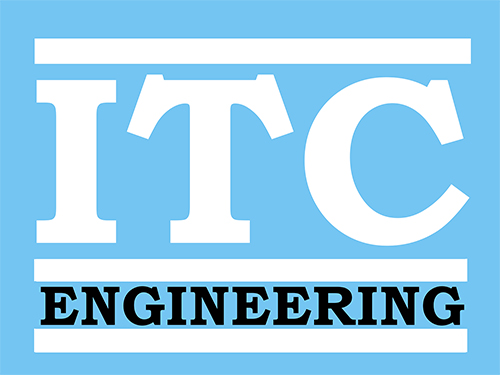Reliability is defined as the probability that a device will perform its required function under stated conditions for a specific period of time. ITC Engineering’s product reliability test and prediction services are intended to assist manufacturers in meeting their product life goals. Our services include but are not limited to:
![]() Mean Time Between Failures (MTBF) Calculations:
Mean Time Between Failures (MTBF) Calculations:
MTBF applies to equipment that is going to be repaired and returned to service.
Θ = T/R
Θ = MTBF; T = total time; R = number of failures
It is important to understand, that MTBF is not used to estimate the average lifetime of a certain device. Instead, MTBF is a good way to determine for example how many spare parts are needed to support 1000 PC’s and not how long your PC is going to last you.
ITC Engineering performs MTBF Calculations based on MIL-HDBK-217F, Belcore/ Telcordia SR-332 among other standards.
![]() Mean Time To Failure (MTTF) Calculations:
Mean Time To Failure (MTTF) Calculations:
MTTF applies to parts that are non-repairable and will be discarded on failing.
γ = T/N
γ = MTTF; T = total time; N = Number of units under test
ITC Engineering performs MTTF Calculations based on MIL-HDBK-217F, Belcore/ Telcordia SR-332 among other standards.
![]() Accelerated Aging (AA):
Accelerated Aging (AA):
AA describes testing under aggravated conditions such as heat, oxygen, sunlight, vibration, etc. to speed up products normal aging processes. Accelerated Aging helps determine the long-term effect of expected stress levels.
ITC Engineering performs Accelerated Aging based on ASTM standards.
![]() High Accelerated Life Test (HALT):
High Accelerated Life Test (HALT):
HALT testing, also referred to as Accelerated Stress Testing (AST) is often imposed on products in design or developmental process in order to predict their operational life cycle.
The typical types of stress are:
- Cold/ Hot Step Stress
- Rapid Temperature Cycling
- Random Vibration
- Combined Environment Stress (for example combined temperature cycling & random vibration)
![]() High Accelerated Stress Screen (HASS)
High Accelerated Stress Screen (HASS)
HASS test is intended to induce failure modes that can be inherent or introduced in the production process.
There are 2 parts to HASS Testing:
- HASS Development/Proof-of-screen (POS)
- HASS Production Screen


